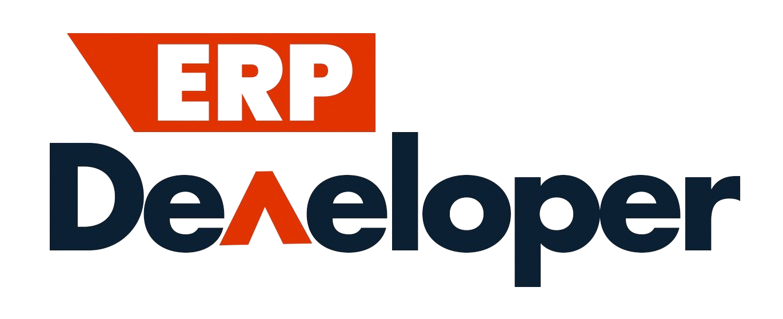Unlocking Premium Odoo Implementation Cost with Trusted Experts
REQUEST A QUOTE NOW!
What Influences Odoo Implementation Cost?
The cost of implementing Odoo can vary significantly depending on a number of key factors. Every business is unique, and so is every ERP setup. Variables like the number of users, complexity of your workflows, the modules you choose, required customizations, third-party integrations, data migration needs, and the level of post-deployment support all play a role in determining your overall budget. The more modules you implement, such as accounting, inventory, HR, CRM, and eCommerce, the more configuration and testing time is required. If your workflows are highly specialized or industry-specific, customizations may be necessary, which also adds to the scope of development.
Are there ongoing costs after implementation?
These may include licensing fees (for Odoo Online or Odoo.sh), support packages, server costs (if self-hosted), and optional upgrades or feature enhancements.
Powerful Odoo Implementation Cost Solutions for Digital Growth
• Balanced Pricing
• Tailored Cost Structures
• Efficient Resource Use
• Scalable Solutions for Growth
Odoo Implementation Cost empowers businesses to build efficient, professional online stores within the Odoo environment.
It offers customizable layouts, easy product management, and integration with inventory, accounting, and CRM for complete business control.
Cloud Hosting vs On-Premise and Licensing Costs
Another element to consider when calculating the full cost of Odoo implementation is the choice between Odoo Online, Odoo.sh (the official Odoo hosting platform), or a self-hosted solution. Odoo Online and Odoo.sh come with annual licensing fees based on the number of users and selected apps.
✅ Affordable Implementation Packages
✅ Optimized Resource Allocation
✅ Scalable Service Models
✅ Faster Time-to-Value

Transparent Odoo Implementation Cost Planning
Modular Cost Structure
Breakdown of pricing by module, customization, and integration efforts, giving you full visibility and control over each stage of your Odoo ERP journey.
Cost-Benefit Strategy Sessions
Detailed consultations to evaluate your business needs and provide cost-effective implementation plans that balance functionality with affordability.
Scalable Pricing Based on Requirements
Flexible implementation costs aligned with your company’s size, complexity, and desired modules, ensuring you only pay for what your business truly needs.
Affordable Support & Maintenance Plans
Ongoing support packages at competitive rates to maintain your system’s performance while keeping your long-term operational costs low.
Optimized Total Cost of Ownership (TCO)
Strategic implementation approach designed to minimize long-term expenses and maximize the ROI of your Odoo ERP investment.
Estimated Price Ranges for Odoo Implementation
For small businesses implementing core modules like CRM, Sales, and Invoicing, initial implementation costs can range from $5,000 to $15,000. This typically includes setup, basic training, and limited customization. Mid-sized companies implementing more modules and needing some customization may expect costs between $15,000 and $40,000, depending on user volume, data complexity, and integration requirements.
Designing Ecommerce Architecture
Structuring your Odoo store layout, product categories, and user experience for smooth online shopping journeys.
Optimizing Sales Channels
Integrating multiple platforms like website, social media, and marketplaces to centralize and streamline ecommerce sales.
Enhancing Customer Experience
Implementing responsive design, quick checkout, and personalized features to boost customer satisfaction and retention.
How ERP Developer Ensures Cost Efficiency
Frequently Asked Questions
The cost of Odoo implementation depends on several factors including the number of users, required modules, customization level, data migration complexity, and whether third-party integrations are needed. More advanced needs typically increase the overall cost.
Yes, Odoo is highly scalable and can be implemented cost-effectively for small businesses. By starting with core modules and fewer users, small companies can minimize initial costs while still benefiting from powerful ERP features.
A basic Odoo implementation usually ranges from $5,000 to $15,000 for smaller businesses. For mid-sized to large enterprises needing custom development, multi-module configurations, and integrations, the cost can range from $20,000 to $50,000 or more.
At ERP Developer, we ensure full cost transparency. However, clients should be aware that hidden costs can arise if scope changes mid-project, if heavy customizations are added, or if post-launch support isn’t included in the original agreement.
Absolutely. Using out-of-the-box Odoo modules with minimal customization is one of the best ways to keep implementation costs low. Many businesses start this way and later scale up with additional features as needed.
